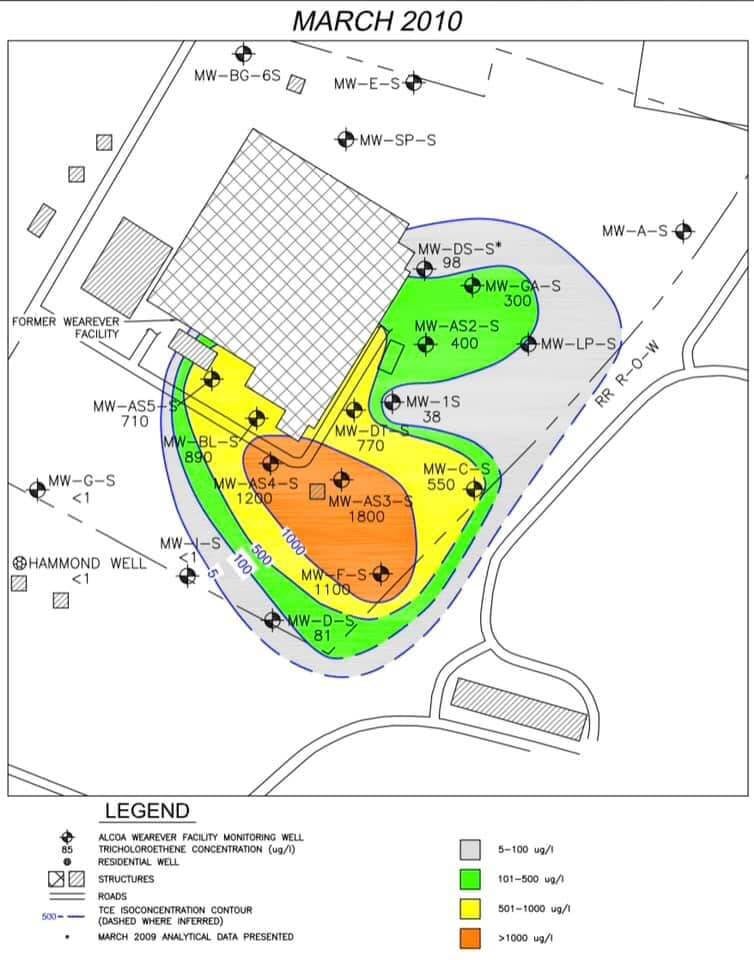
CHILLICOTHE, Ohio — State environmental officials say the former WearEver Aluminum site in Chillicothe remains in compliance with long-standing cleanup orders—but the recent closure of the Pixelle paper mill has reignited fears that a toxic underground plume could rise and spread through the community.
In a June 27 inspection, the Ohio Environmental Protection Agency found no violations at the site, which is overseen by Howmet Aerospace Inc. However, inspectors noted holes in perimeter fencing and urged repairs to maintain site security. The facility, located on Eastern Avenue, has been under remediation since the early 2000s following decades of chemical contamination.

The inspection comes as Pixelle Specialty Solutions shuts down its paper mill on, ending its role as an unofficial containment system for the plume. For decades, the mill pumped over a billion gallons of groundwater annually—an action that inadvertently kept carcinogens like trichloroethylene (TCE) and vinyl chloride from migrating into residential areas.
Ohio EPA records previously described the mill’s closure as a “worst-case scenario.” Recent reports show TCE levels at 15 times the federal maximum contaminant level, and vinyl chloride at 100 times the limit.
“We’ve got a serious problem that’s going to have to get addressed one way or another,” said Jason Salley, founder of the Ohio Atomic Press, in an interview with NBC4 Columbus. “We can’t sweep it under the rug like the community has done, officials, for the last 30 years. Now we’ve got a crisis on our hands.”
The EPA says it will continue working with Howmet Aerospace to monitor the site and assess risks to human health and the environment. Two new monitoring wells are being installed to track potential plume migration. Officials stress there is no immediate threat to drinking water, which is sourced more than two miles from the site.
Still, local leaders and residents remain concerned about long-term exposure, especially through vapor intrusion or soil contamination in nearby homes and gardens.
The WearEver site remains subject to strict land-use restrictions, including bans on groundwater extraction and excavation in the sludge consolidation area. The sub-slab depressurization system installed in 2018 was operational at the time of inspection, and quarterly reports continue to be submitted.
As Chillicothe grapples with the economic fallout of losing its largest employer, environmental advocates warn that the town may also be facing a slow-moving public health emergency—one that’s been decades in the making.